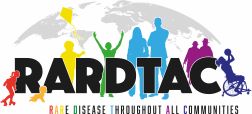Voices from rare disease groups across NI
Improvements needed to support people living and working with a rare disease in Northern Ireland: current rare disease support perceived as inadequate

Many people living and working with rare diseases describe consistent difficulties accessing appropriate information and support.
To add to the evidence base for rare diseases we worked in collaboration with QUB and the Northern Ireland Rare Disease Partnership to evaluate awareness of rare diseases, related information and educational resources available for patients, their families and healthcare professionals using an online survey and semi-structured interviews with rare disease collaborative groups (charities, voluntary and community groups) active across Northern Ireland (NI).
Ninety-nine participants engaged with the survey. We know that excellent communication is an important factor in delivering good rare disease support. Training for health professionals was also highlighted as an essential element of improving support for those with a rare disease to ensure they approach people with these unique and challenging diseases in an appropriate way. Carers were mentioned several times throughout the study; it is often felt they are overlooked in rare disease research and more support should be in place for them. Current care/support for those with a rare disease was highlighted as inadequate. Nine semi-structured interviews were conducted with representatives from rare disease collaborative groups. Reoccurring themes included a need for more effective: information and communication, training for health professionals, online presence, support for carers, and involvement in research.
Supportive networking options provided by rare disease collaborative groups to help connect people include:
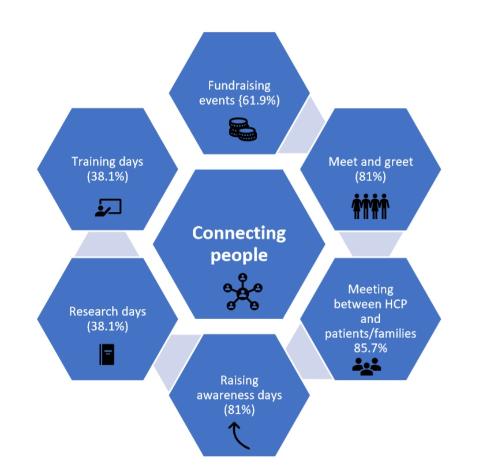
All rare disease collaborative groups agreed that current services for people living and working with a rare disease are not adequate.
An important finding to consider in future research within the rare disease field is the inclusion of carers perceptions and experiences in studies. Due to the unique role a carer has in the life of a person with a rare disease it is vital that their voice is heard and their needs are listened to. This research provides insight into the support available for rare diseases across Northern Ireland, highlights unmet needs in service provision, and suggests approaches to improve rare disease support prioritising improved information and communication provision, improved access to services, and tailored support for carers of people with a rare disease. Improving information and communication was suggested by:
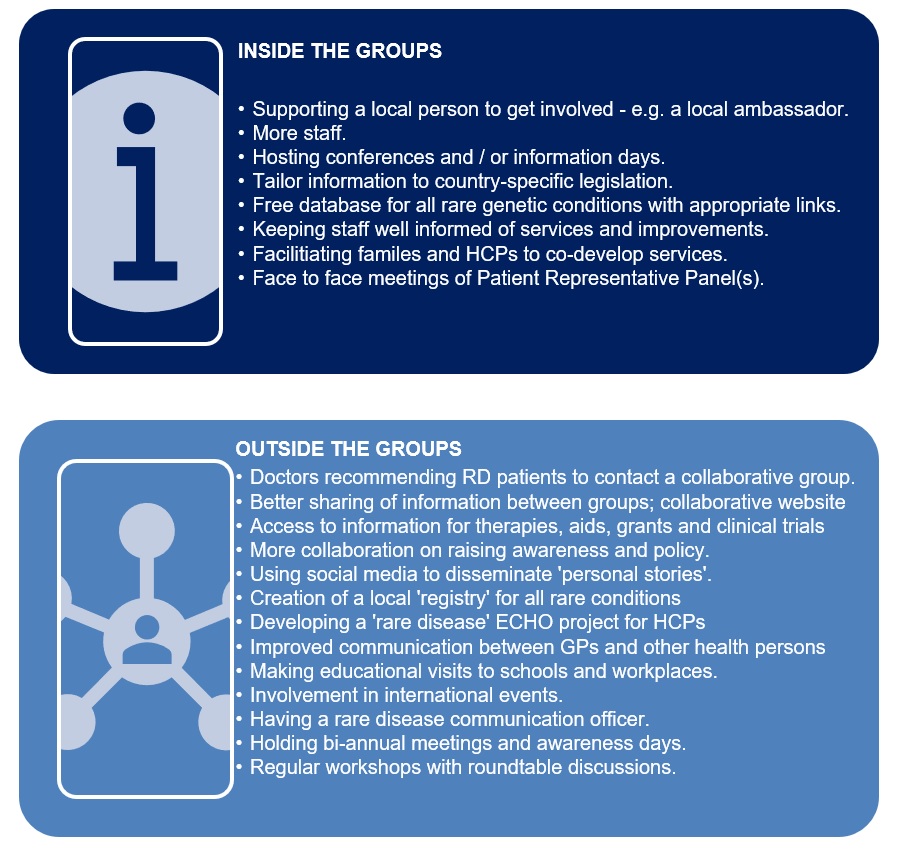
Several recommendations were made to help inform health care policy and practice including:
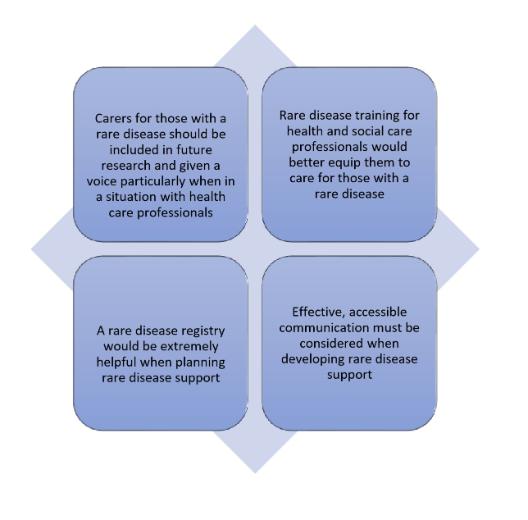
An early version of this paper prior to peer review was made publicly available on MedRxiv: Read the paper
The final version of our peer-reviewed, published paper is available to view here: https://rdcu.be/cagHi
McMullan J, Crowe A, Bailie C, Moore K, McMullan LS, Shamandi N, McAneney H, McKnight AJ (2020). Improvements needed to support people living and working with a rare disease in Northern Ireland: current rare disease support perceived as inadequate. Orphanet Journal of Rare Disease 15:315. https://doi.org/10.1186/s13023-020-01559-6
JM was supported by an award from the NI Public Health Agency and the Medical Research Council Northern Ireland Executive support of the Northern Ireland Genomic Medicine Centre though Belfast Health and Social Care Trust. AC and CB are recipients of PhD studentships from the Department for the Economy NI. KM is supported by an award from the Rank Foundation. LM was supported by a summer studentship from QUB's Centre for Public Health. NS was supported by a summer studentship from the Northern Ireland Rare Disease Partnership.
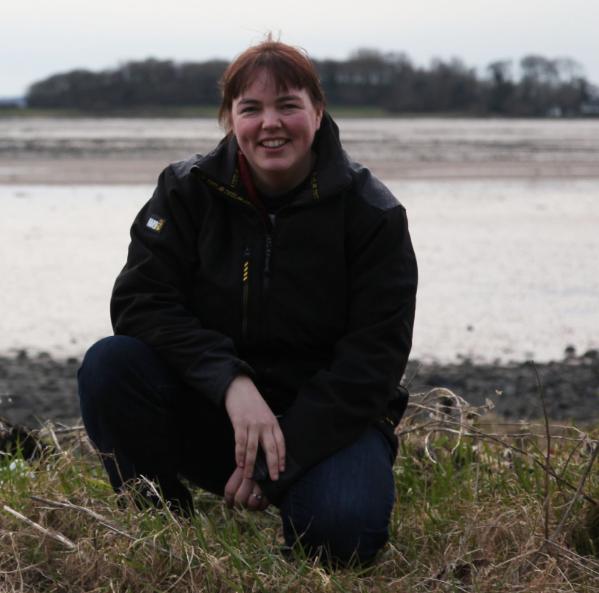
Media
For more information, please do get in touch via email

